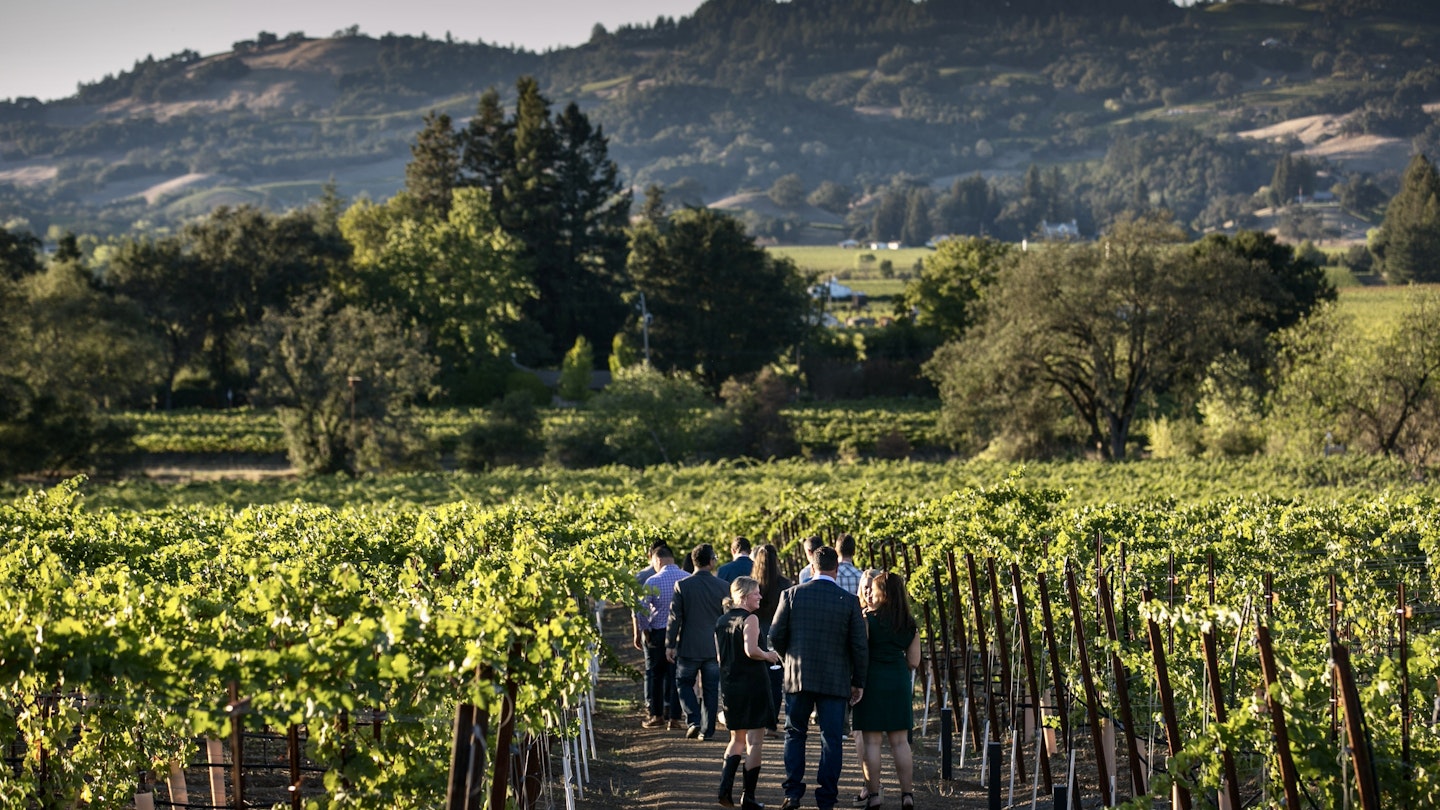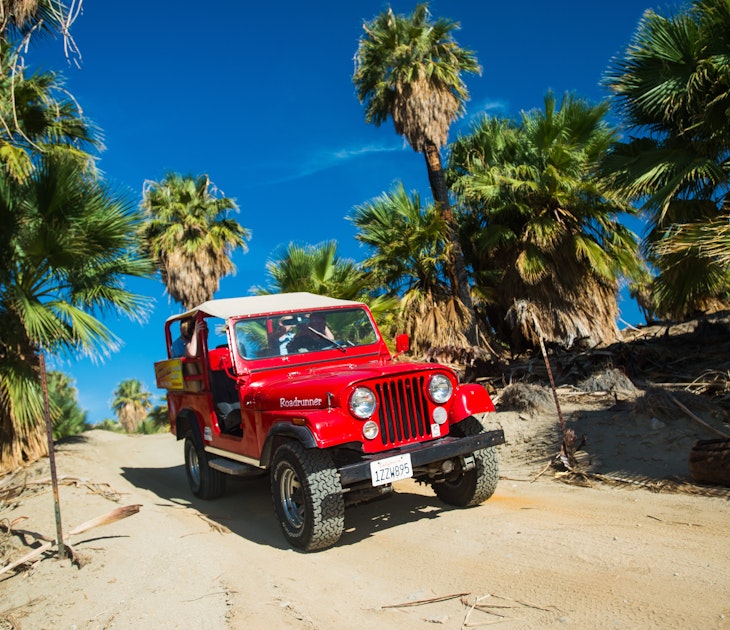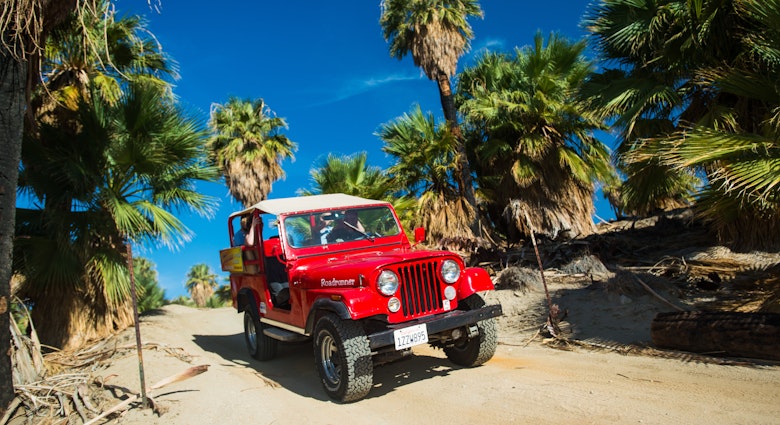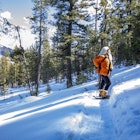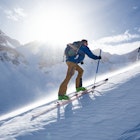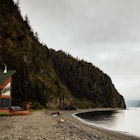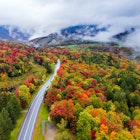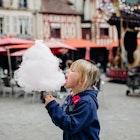Need inspiration for your next romantic getaway? Look no further than your wine glass.
More than just tastings in a vineyard and purchases of a few cases of that sauvignon blanc you loved, wine touring lets you discover the landscapes in which the grapes are grown, deepening the experience of enjoying a nice white or red, and building a personal connection to each varietal.
We’ve looked to Lonely Planet’s new edition of Wine Trails to adapt these ideas for a wine-touring weekend to remember. For these seven regions in the USA create not only standout wines, but lasting memories, too.

1. Finger Lakes, New York State
Best for rieslings, pinot noirs and gorgeous lakeside views
With its harsh winters, the Finger Lakes of New York State represent one of the furthest limits of winemaking in North America. Winemakers here successfully introduced European vinifera grapes in the ’60s, and today a variety of vines grows along the shores of four of the region’s 11 very long, very deep lakes: Seneca, Cayuga, Keuka and Skaneateles.
A number of winemakers believe that riesling and pinot noir are the finest vehicles to discover and convey the Finger Lakes’ terroirs. Others embrace a host of grapes, and consider questions of method most important: native or laboratory yeast, machine or hand-harvesting, oak or steel. Base yourself at one of the region’s two city hubs, Watkins Glen or Ithaca, and set out to taste for yourself.
2. Walla Walla, Washington
Best for spectacular scenery, outstanding dining and world-class syrahs
Beneath the Blue Mountains in eastern Washington State, the Walla Walla Valley has become a remarkable story of rural regeneration, its longtime agricultural economy transformed and elevated by the arrival of grape wines. One of Washington’s most celebrated wine regions, Walla Walla is also the state’s best equipped for wine-country travel, with an enticing mix of tasting rooms, charming local restaurants, comfortable B&Bs and luxury hotels.
If you’re in the market for world-class syrah, the Rocks District of Milton-Freewater American Viticultural Area (AVA) has become one of the new hot spots of the region. While tasting through the region, be sure to allow some time to enjoy a walk around and a meal in the town of Walla Walla itself, where some of the state’s best chefs can be found.

3. The Atlantic Upland, Pennsylvania
Best for a sense of history, weekend festivals and premium dry wines
History is everywhere you turn in Pennsylvania, home to centuries-old farms, Independence Hall, the weathered cabins at Valley Forge and the battlefield of Gettysburg. Winemaking, by contrast, is a newer tradition, legal in the state only since 1968; today, around 300 wineries operate statewide. Many benefit from the rolling terrain spilling off the Allegheny and Pocono Mountains that provides elevation and a drying breeze. Pennsylvania’s diverse topography also produces a variety of climates.
While you’ll find vinifera such as chardonnay, cabernet sauvignon and cabernet franc, you’ll also come across samples of hybrids such as chambourcin and traminette, both made in a variety of styles and improving in quality by the year. Meanwhile, Native American grapes such as Niagara and Concord satisfy a local sweet tooth. That said, the greatest gains are being made in the production of premium dry wines, from red and white blends to experimentation with newcomers such as grüner veltliner, albariño, zweigelt and blaufränkisch.
4. Willamette Valley, Oregon
Best for Burgundian expats, Portland hipsters and sublime pinot noirs
Oregon’s foremost wine region, the Willamette Valley is renowned as one of the best places in the world to grow pinot noir. The numerous Burgundian expats who have enthusiastically established wineries here can attest to this: the delicate, elegant reds they produce bear more than a passing resemblance to the wines of their homeland. White-wine lovers can rest assured too, since pinot gris and chardonnay also perform well here, with aromatic whites from riesling and gewürztraminer getting better with every vintage.
The valley’s 930 wineries are just south of appealing Portland, an ideal staging post for visits to the region. Eccentricity abounds here, yes – but so does a dazzling array of great restaurants and places to drink. An abundance of organic produce, artisanal coffee, craft beer and street food are evidence of a foodie culture in which wine plays a leading role.
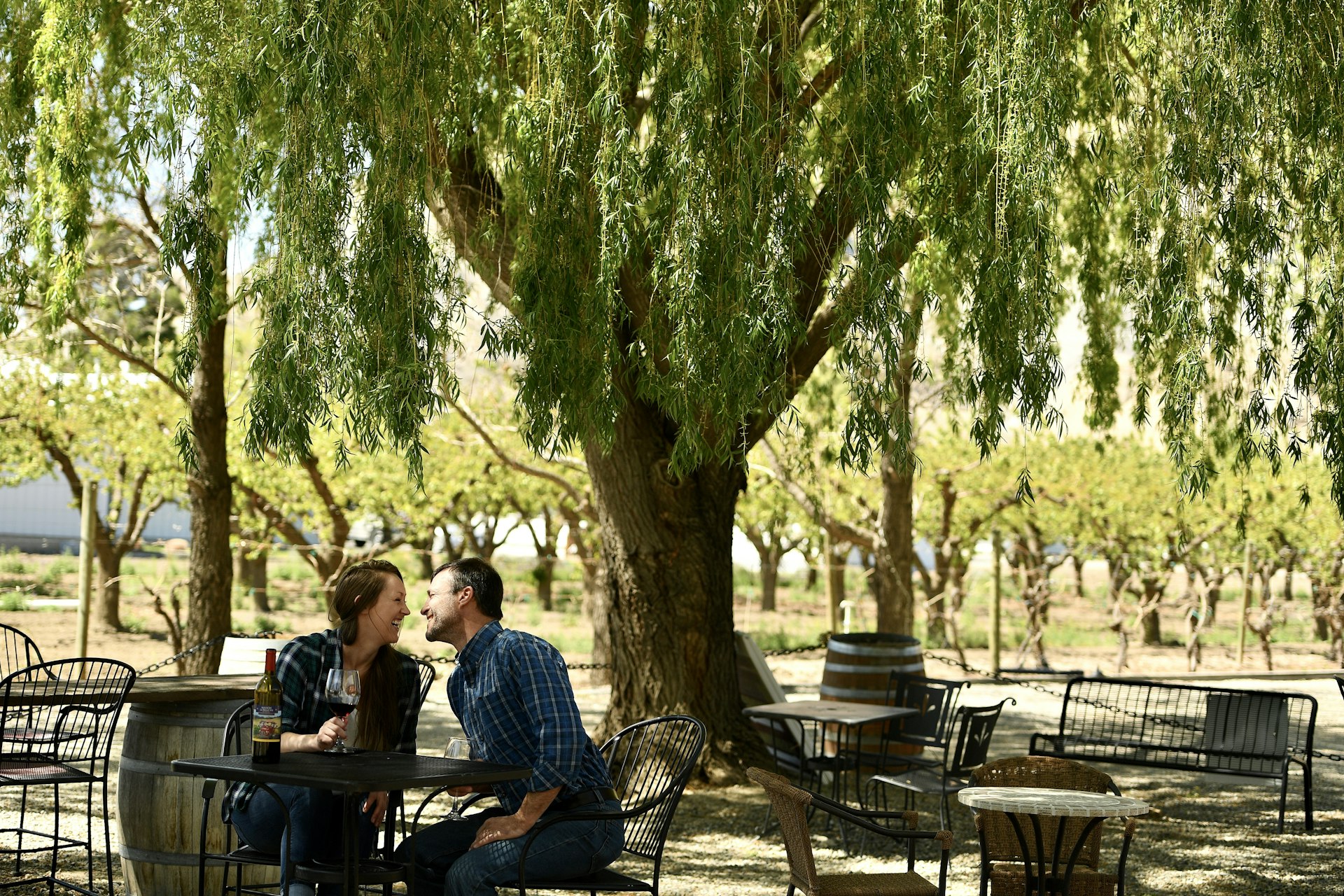
5. Grand Valley, Colorado
Best for mountain vistas, unique terroirs and eager hospitality
With some of the highest-elevation vineyards in the world, Colorado wineries offer soul-stirring vistas of mountains and the Colorado River, plus a refreshing twist on traditional wine styles. The state is home to an eclectic community of grape-growers and winemakers – a passionate, curious bunch who produce iconoclastic wine styles brimming with personality that comes from alkaline soils and thin mountain air.
This unique terroir rewards patience and perseverance, and Colorado’s winemakers have both in spades. On a visit, you’ll be greeted with generous hospitality and an infectious enthusiasm for what’s possible in a place that remains a well-kept secret in the wine world. The Grand Valley AVA is home to vineyards that sit at 4500ft, soaking up the sunshine that radiates off the valley’s chalky Book Cliffs, and providing surprisingly successful conditions for the Bordeaux, Rhône and Italian varieties that thrive here.
6. Sonoma Valley, California
Best for a variety of microclimates, outstanding restaurants and bold, exciting blends
With its diverse patchwork of microclimates and terroirs, the Sonoma Valley is where many of California’s most skilled and forward-thinking winemakers turn out star pinot noirs and chardonnays. While today’s Sonoma is certainly at the cutting edge of the state’s wine scene – thankfully, its wineries largely escaped the ravages of the 2020 Glass Fire – it’s also where California’s first commercial winery was established back in the 1850s. This long history is evidenced in many gnarled old vineyards, some of which are over a century old.
In this part of Northern California – where the climate ranges from baking hot inland to downright cold out on the wet and windy coast – wine and food are embedded in the culture, something evident in the first-rate tasting rooms and restaurants in Healdsburg, the ideal place to base yourself here.
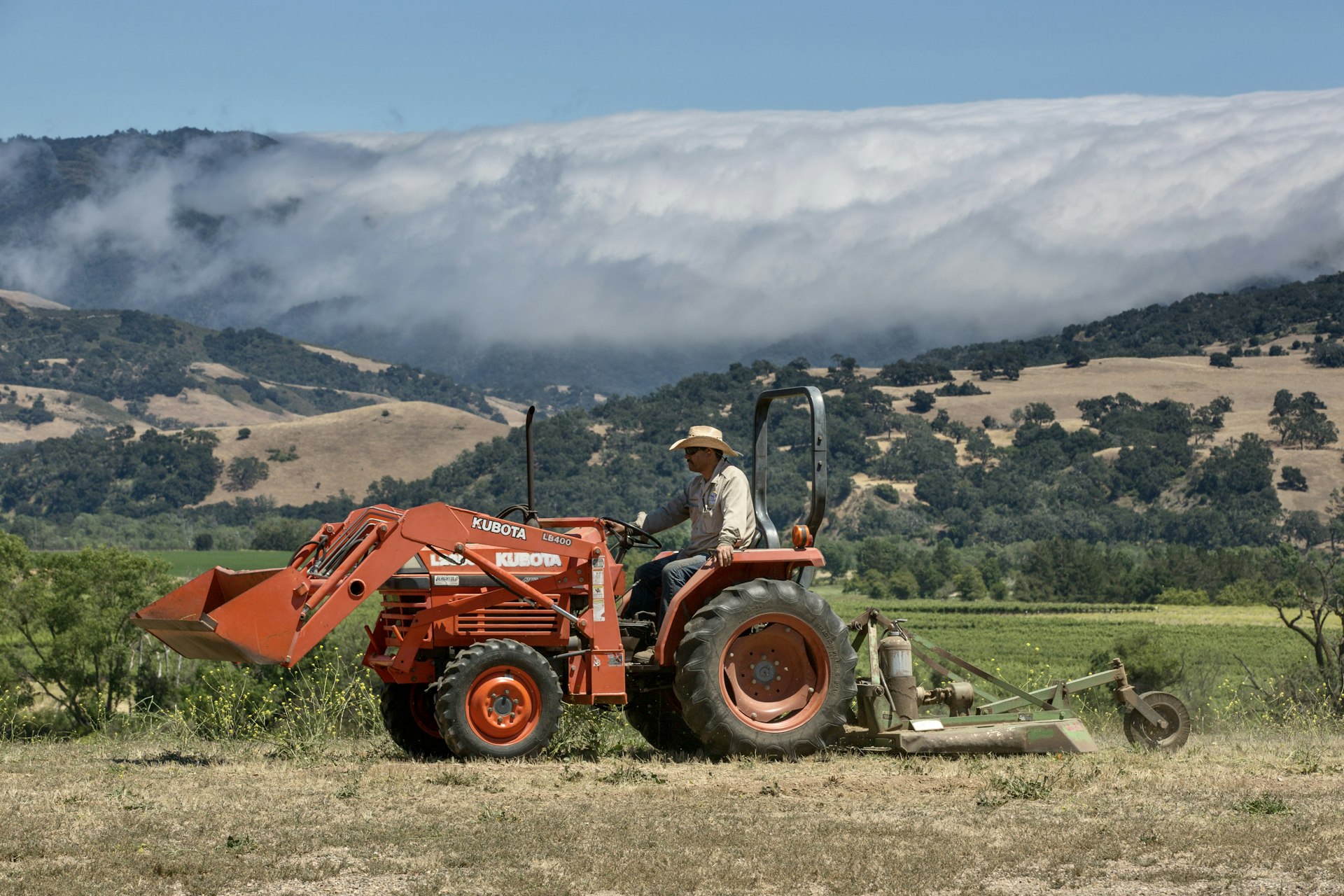
7. Santa Ynez Valley, California
Best for gorgeous road trips, endless sunshine and (naturally) pinot noirs.
This beautiful trail, stretching west of glamorous Santa Barbara, is the west coast’s only well-established winegrowing region fully exposed to the fogs and cool weather of the Pacific. Sunny days with relatively low temperatures make for the longest growing season in California – and produce some of the state’s best pinot noirs (gulped memorably by Miles and Jack in the 2004 film Sideways).
Other varietals thrive here, too. Vineyards planted closest to the ocean tend to offer lighter-bodied wines, while the warmer temperatures found inland create bolder, more full-bodied reds and whites. Planning tip: given the range of temperatures and elevations, bring a few layers when you set out.
